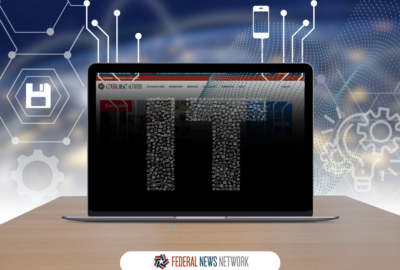Agencies, officials face increased social media scrutiny, known as ‘sousveillance’
Lee Rainie, the director of the Pew Internet Project, joined In Depth with Francis Rose to discuss the growing trend of \"sousveillance,\" a term created to...
wfedstaff | June 4, 2015 3:10 pm
By Jack Moore
Federal News Radio
@jmooreWFED
With the explosion of social media and the expansion of mobile platforms, members of the public are better able to keep an eye on what’s going on at federal agencies — and share that information with others.
Lee Rainie, the director of the Pew Internet and American Life Project, joined In Depth with Francis Rose to discuss the growing trend of “sousveillance,” a term created to describe, bottom-up surveillance. (The “sur” is replaced by “sous,” the French for “from below”).
Rainie, who recently gave a presentation before the inter-agency Federal Web Managers Council on the subject, said the idea that you could always be on “Candid Camera,” so to speak, is “one of the hallmarks of digital life now.”
There are now three types of “-veillance,” Rainie explained:
- Surveillance, which is top-down monitoring often from government, police, etc.
- Sousveillance. “People in ordinary circumstances who are able to watch, record and talk about people who have power,” such as government leaders or police, Rainie said.
- Coveillance. This is “everybody watching everybody else,” Rainie said, citing the everyday use of social media to catch up on friends’ activities as an example.
So what does this brave new world of social media monitoring mean for agency leaders and managers?
“I think it’s safe to say it would be wise to conduct their jobs thinking that somehow, somewhere it might show up on YouTube, or someone’s blog or someone’s picture feed in someone’s Facebook account,” Rainie said. “And never assume things that might seem private or might seem to be done in the quiet corners of government won’t eventually find their way out into the world.”
This carries implications for how agency leaders write emails, carry phone conversations and act in public, he added.
But the added scrutiny can also have benefits, he said. Namely, that federal employees and managers who engage in social media can provide an authentic, human face to the government.
This story is part of Federal News Radio’s daily Cybersecurity Update. For more cybersecurity news, click here.
Copyright © 2025 Federal News Network. All rights reserved. This website is not intended for users located within the European Economic Area.





